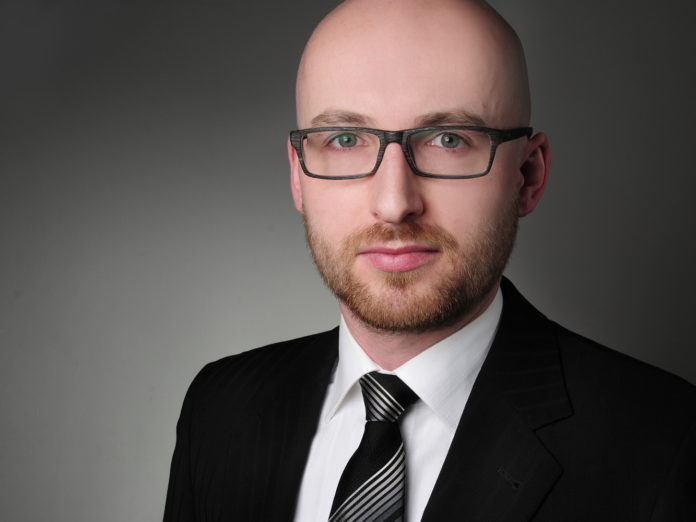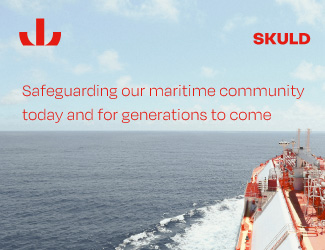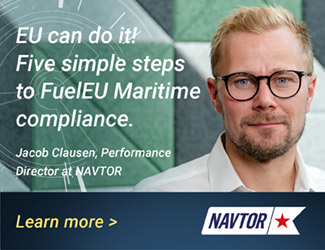
One could almost think that a real wave of innovation is currently sloshing through the maritime industry. But not everyone[ds_preview] is convinced. And that’s a good thing. Whether it really is a wave of innovation or rather one of innovative attempts is what the debate is all about.
There is at least one thing the industry – long regarded as exuberantly traditional and sceptical about modernization – cannot be blamed for: it can hardly be said it does not try (almost) everything in its search for every single percentage point of savings and environmental potential. The SMM and not least the »Maritime Future Summit« co-organised by HANSA will once again bear witness to the technical and digital – subject specific – competence.
No matter how often the armies of »general« or non-expert advisors point out digitization could fundamentally change shipping, in the industry they are increasingly reaping a weary smile. It has long since moved on, working on concrete projects.
But still, there are more than a handful of doubters and sceptics. The former because they have no interest in (or no money for) modernisation of their businesses. The latter because the hype surrounding what they consider to be far too often cited digitalisation is getting on their nerves. Too vague, too inappropriate, too expensive for shipping, which has worn out badly after years of crisis, the argument goes.
However, what could be an actual objection: a real change, either on environmental protection or innovation level, is much easier to achieve if the industry bundles its forces to a greater extent.
Of course, every individual achieving a breakthrough has a competitive edge. Here the circle is complete, because the worse the industry gets, the more important even smallest advantages become. Everyone should be allowed to use it.
But the industry as a whole also needs more activity, the ecological and digital transformation is imminent. Therefore, cooperation is indispensable. Joint projects already exist, especially in research initiatives, but more is needed, and above all more practical implementation. It should be a thing of the past that projects disappear into a drawer after successful development, although they do work. Definitely, transformation is easier by means of cooperation.
Don’t we know this from another, socio-political sphere? Hopefully the maritime industry is smart enough not to close its doors but relies on cooperation.
So here is a suggestion: after »Fahrvergnügen«, »Kindergarten« and »Hinterland«, another, meanwhile almost typical German word could find its way into international parlance: »Willkommenskultur«. A »Welcome« to pool expertise, drive innovations forward together and debate solutions. The SMM and the »Future Summit« are ideal arenas for further tests.
By the way: it is not enough just to display your own, supposedly best products – whether at trade fairs or in public relations. Competition and, above all, customers are aware of this. They are not so easily dazzled, or to put it positively, convinced. A gain in knowledge comes only through evaluation and discussion.
Postscript »Willkommenkultur«: We set a good example and welcome you at our SMM stand A1/317 to talk about the latest trends and developments – or just for a cup of coffee.
Enjoy reading!
Michael Meyer

















